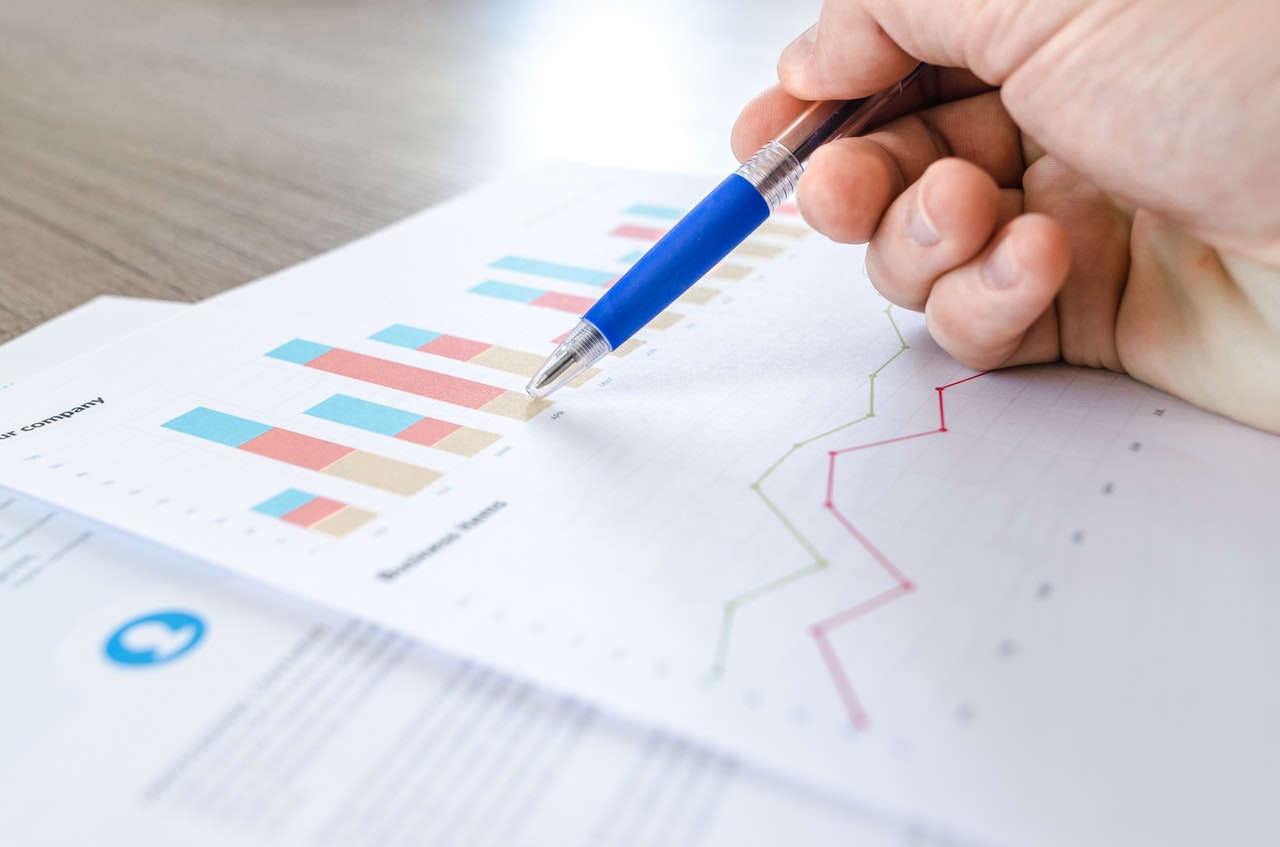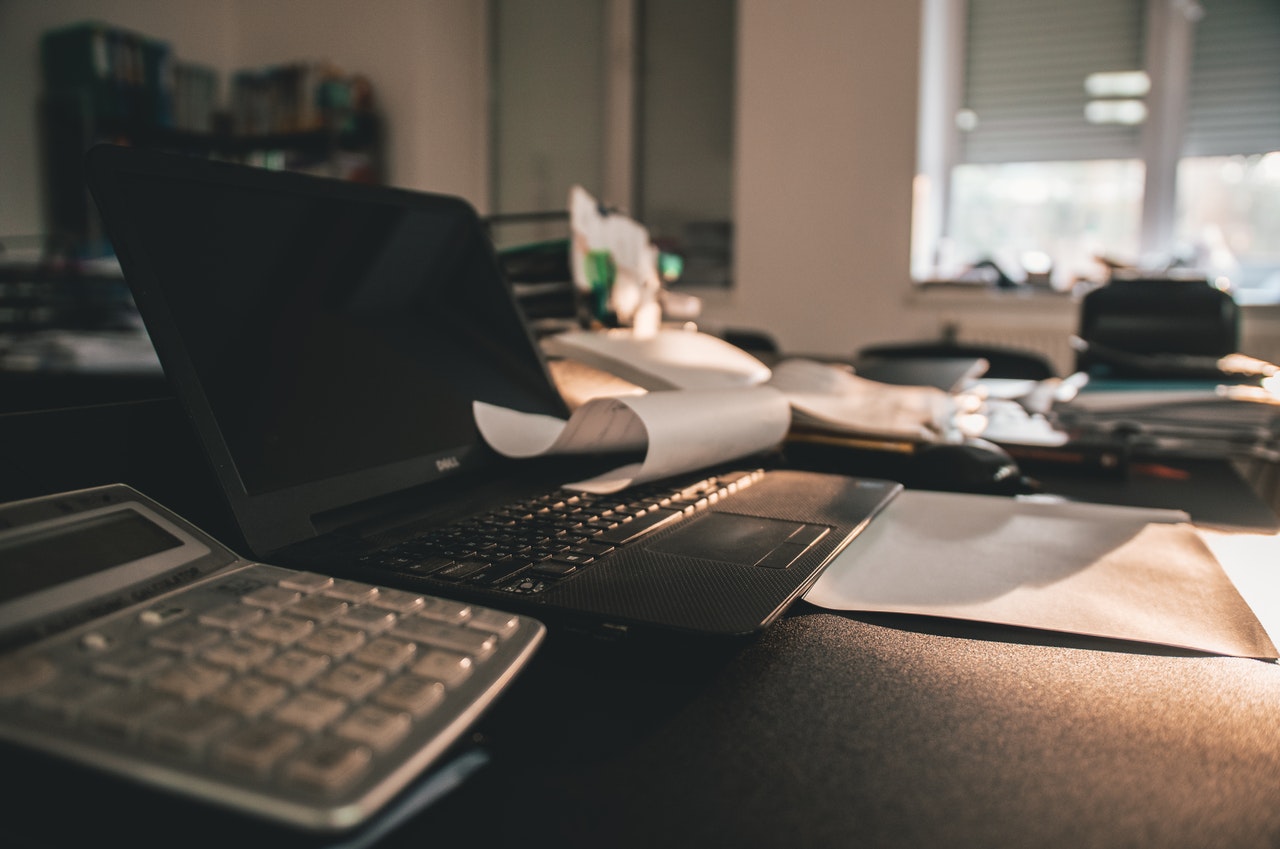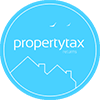Correctly preparing your rental property’s tax return can be stressful and time consuming if you leave it to the last minute. Rush it and you could also risk errors that will attract the attention of the IRD, or even cause your return to be filed late and incur a fine.
If you take time throughout the year to ensure you understand what’s required, record your expenses correctly, and seek help from an expert, your return should be a breeze. To get you started, here are a few key things you could do right now.
Record all expenses
The best thing you can do for your next tax return is to start correctly recording and documenting all your expenses right now. If you don’t have a record of these from throughout the year, it could take days to gather everything up when you finally get around to it. Examples of expenses you can claim include:
- Repairs and maintenance.
- Accounting fees.
- Insurance.
- Rates.
- Motor vehicles expenses related to the management of the property.
- Fees and commission paid to agents who manage the property.
You’ll also need proof of these expenses such as invoices and receipts, bank statements, vehicle log books, a copy of your mortgage loan agreement and your rental agreement.

Your tax return may take some time. Start now to make sure you get it right.
Get a grip on depreciation
Depreciation is an allowance you can claim that reduces your taxable income to account for the wear and tear of the fittings you’ve bought for your rental. This only applies to the removable assets inside the home, not the property or land itself. If your fittings/assets are worth less than $5,000, you can lump them all together rather than depreciate them separately to make it easier.
Unfortunately, depreciation can be a little confusing to work out. There are a couple different methods for calculating it and each asset type has its own depreciation rate, so it’s best to seek help from an experienced property accountant as soon as possible if you’re unsure.
Understand mixed-use assets
If you use your property as well as renting it out then you need to be familiar with the mixed-use asset rules.
If you rent out a house or room within your home: You can claim any expenses relating to the rental of the room and a portion of general expenses like mortgage interest while the room was rented out. To work this portion out, calculate the size of the room as a percentage of the total property area, then claim that percentage of general expenses.
If you rent out a holiday home that you also use sometimes: If you rent out your holiday home for part of the year, that income is taxable. To calculate your expenses:
- Add up the total days that the property was used for both private and income-earning purposes. This is your total usage.
- Divide income earning days by total usage. This is your divided amount.
- Multiply the expense total by your divided amount. This number is your apportioned expenses.
Add this amount to fully deductible expenses and you’re on your way.

Completing your tax return doesn’t have to be confusing or stressful.
Find the right help
If you’re still feeling lost, don’t panic. Investment property tax can be confusing and the processes can take a long time if you’re not familiar with them.
To make sure you’re sorted well in advance of the end of the 2020 tax year, give the expert team at PTR Accountants a call and we’ll make it easy for you.

Comments